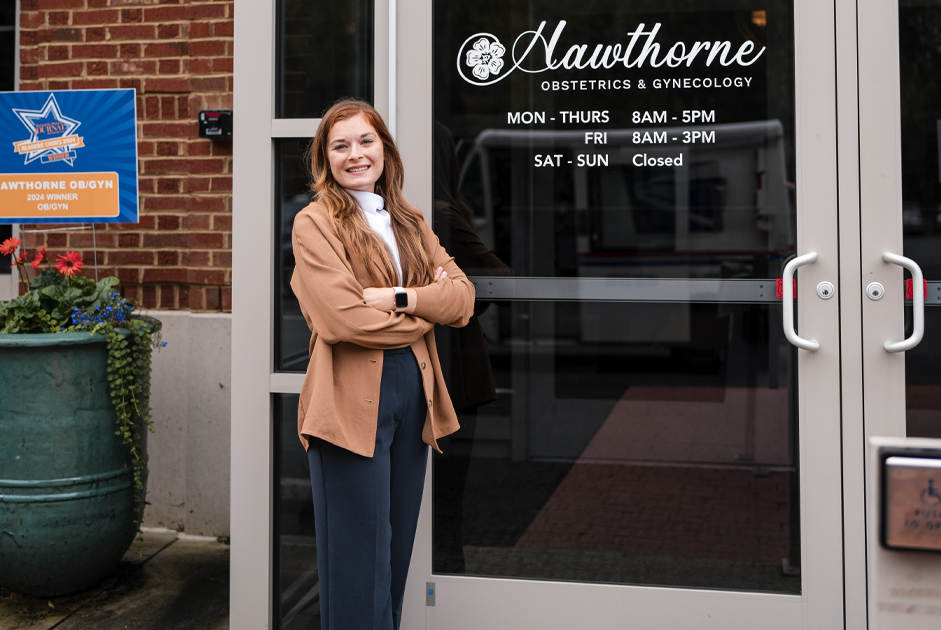As a parent of teenagers, I’ve experienced a phenomenon in recent years that’s both discouraging and yet, at the same time, not all that surprising. The basic question that arises from this particular situation is, “What does home mean to our children?” Now I’m not talking about the fundamental base that provides security, nurturing, love, compassion, and empathy for their physical, mental and emotional needs. Instead, I’m speaking about their home in the literal sense. In other words, about the place where they grow up and which always will be, as long as their parents live, their home.
Now, in relation to my earlier question, knowing this, you’d think they would take pride in their home and want to take care of it. Such things as keeping their rooms straight and clean, along with their bathrooms; their clothes picked up; and even concerning themselves with the outside appearance, such as mowing the yard, keeping the landscaping, flowers and plants pruned and healthy, and so forth; as well as helping out with regular maintenance and repairs, as necessary. I know some of you are probably laughing at this assumption, thinking, “What world does this guy live in?” But that’s precisely my point. Why does this seem like such a preposterous idea? Why don’t children feel pride and an obligation in taking care of “their home?” Okay, technically I realize they don’t actually own it, but it’s still theirs in the emotional sense, at least.
The reality is, children don’t feel that sense of ownership and obligation that we as parents do. Most don’t care about landscaping or yard work, nor do they care about cleanliness with regard to their rooms and such. They truly don’t feel the connection that parents do to this lifelong responsibility, and therein lies the problem, because parents need assistance as our children are growing up to help us manage all the routine duties that have to be performed on a regular basis. Which is why, I think, many older parents choose to downsize when their children move out of the nest. They simply don’t have the energy or stamina to keep up with all that needs to be done around the house.
Now saying all this, I can’t say I don’t understand at all what they’re feeling, because I can still remember in my teenage years trying to get out of the house quickly before my dad got home and started handing out chores for me to do. I do acknowledge that I liked the way my childhood home was well kept and nice, especially when I had friends and dates to bring over. But I just wasn’t eager to be a part of the solution that makes that happen. I guess it’s just part of growing up and adjusting to the alarming transition from being a small child with no basic responsibilities except to play, only to be drawn into the teenage years, and thrust into a world of duties and chores that—let’s face it—no one likes to do.
Ironically, when I eventually moved into my first apartment solo, I was a bit of a neat freak. I kept it looking nice. In reality, of course, I didn’t have a lot in the beginning, so it didn’t take much effort to keep it that way, plus it being just me who lived there. Nevertheless, I took pride in it looking good, and I felt responsible for it without anyone telling me this was what I had to do. My parents obviously were not as amused by my sudden cleanliness streak, now that I was out on my own. The point, though, was that I had learned in a positive way from my responsibilities growing up.
I guess the lesson from all this is that regardless of what our children put us through to get them to perform their chores and help out around the house, it’s important we teach them this responsibility. Basically, because they need to learn in life that we all have to do things we don’t like to do to maintain order in our environment and take care of our belongings.
It makes sense to say, of course, that’s easier said than done; so Godspeed to us all in this endeavor. We’ll need it.






















